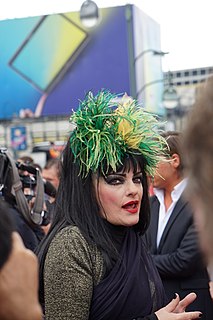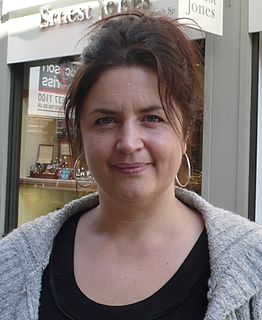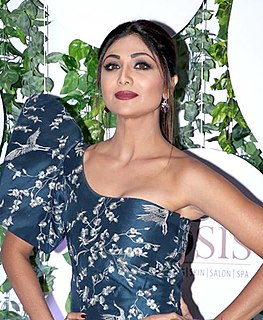A Quote by Richard Simmons
Back in the 70s and 80s, women felt the discrimination of being overweight. And now 35% of the letters I receive are from men.
Quote Topics
Related Quotes
For me, the stamp that I impose on stuff comes from the fact that in the '80s, when I was starting to write movies, I looked back to the '70s. So the films I enjoyed as a kid were the thrillers that came out of the '70s. Back then, you didn't have action movies; you had adventure films or thrillers.
Jazz stopped being creative in the early '80s. After your acoustic era, where you had the likes of the Miles Davis Quintet, when it gets to the '70s it started being jazz fusion where you had more electronic stuff happening, then in the '80s they started trying to bring back the acoustic stuff, like Branford Marsalis and the Wynton Marsalis & Eric Clapton sextet. It started dying down from there. Miles was still around in the '80s and he was still being creative; he was playing Michael Jackson songs and changing sounds, but a lot of people were still trying to regurgitate the old stuff.
Margaret Atwood, the Canadian novelist, once asked a group of women at a university why they felt threatened by men. The women said they were afraid of being beaten, raped, or killed by men. She then asked a group of men why they felt threatened by women. They said they were afraid women would laugh at them.



































